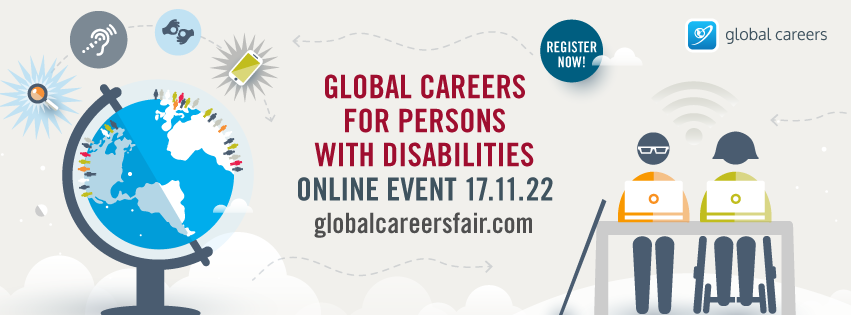This website uses cookies so that we can provide you with the best user experience possible. Cookie information is stored in your browser and performs functions such as recognising you when you return to our website and helping our team to understand which sections of the website you find most interesting and useful.
The European Union: Creating an exceptional support network for people with disabilities
“The European Commission is not like other employers,” says Géraldine Dufort, principal adviser for diversity and inclusion within the Directorate-General for Human Resources. “I’m always conscious that most Commission employees are expatriates, so they’re working outside their member states and away from their support networks. That means they depend on us, not on the government of their home country, for social services. We pay generous sickness insurance and have provision for additional support in the case of disability and disease, including family members. I think it’s vital that we put everything possible in place to help people.”
In particular, she is keen to emphasise that the “diversity” and “inclusion” aspects of her role are equally important: diversity being key when recruiting new talent and inclusion meaning getting the most from the people the Commission already has. “We have to make them feel supported and at ease,” she says. “That’s especially vital where people have disabilities or impairments or have dependants who do, which could mean children, parents or other family members.”
As Ms Dufort notes, leaving one’s home country for a new role can prove a challenge and may be harder for some people than others. However, she is quick to emphasise that the European Commission will always go the extra mile to make the process seamless, particularly for people with disabilities or other special needs.
“If you need accommodation for a certain condition, all you need to do is ask. Obviously, we have our own selection process, which is quite different from the private sector, but we’re happy to adapt this whenever required. Whether your disability means you need more time to complete the tests or require special equipment, we’ll go the extra mile to make it happen. For example, we have special solutions for blind people that enable them to sit our examinations alongside sighted colleagues and be assessed in the same way. We understand that people may not always want to disclose their disabilities, but if they’re forthcoming that makes life much easier.”
In conclusion, Ms Dufort states that she sees diversity and inclusion as central to the European Union’s political mandate: “It’s what we’re all about. We’re working hard to create the right conditions in the member states for people with disabilities to thrive, and we’ve produced a wealth of legislation and programmes to enhance their lives. We’re committed to doing at least as much for our own staff – we want to walk the walk as well as talk the talk. In short, we want to practise what we preach, and we’re determined to set the international standard in inclusivity.”

